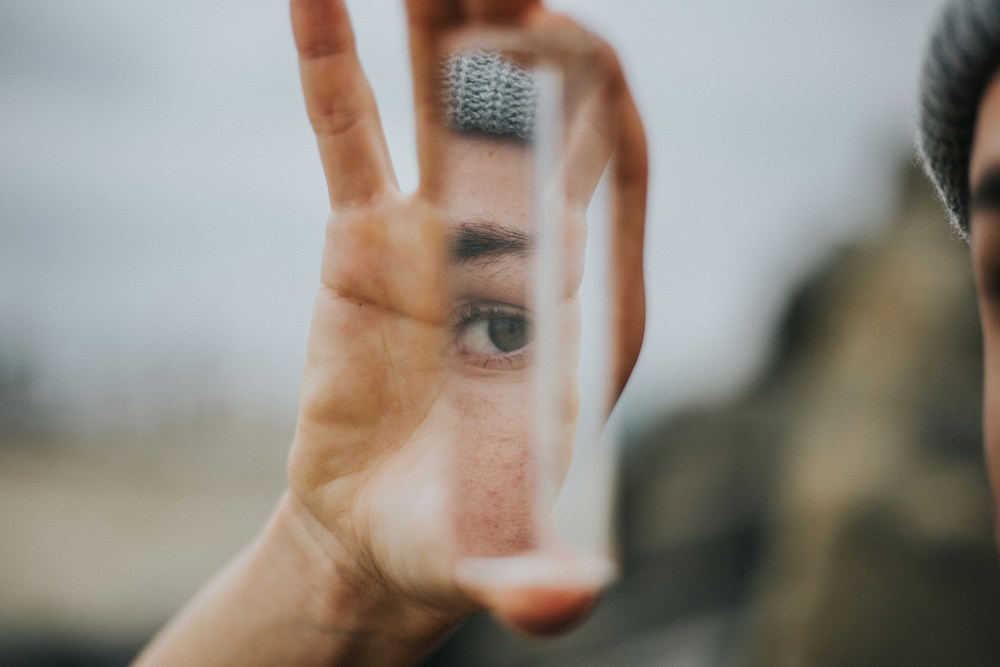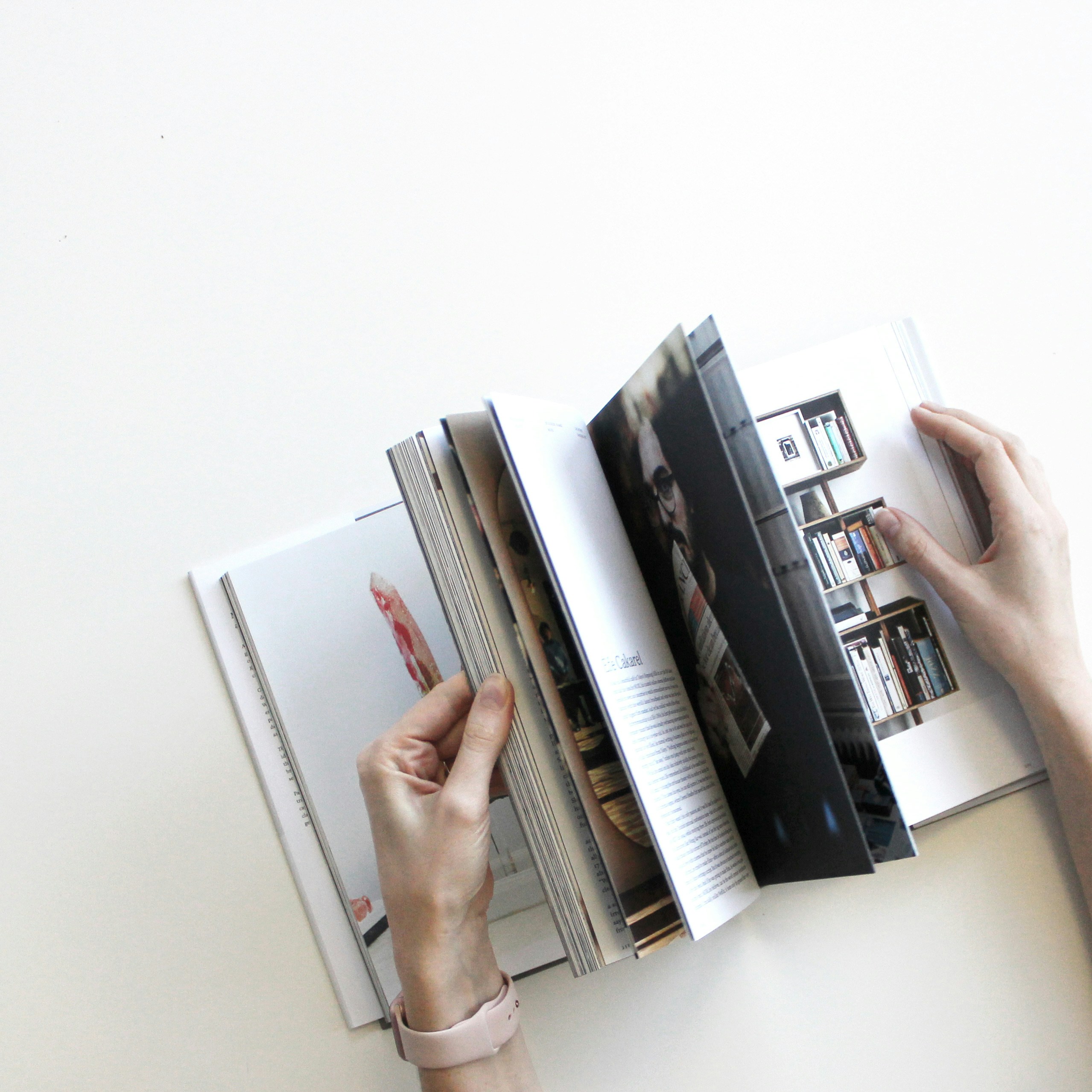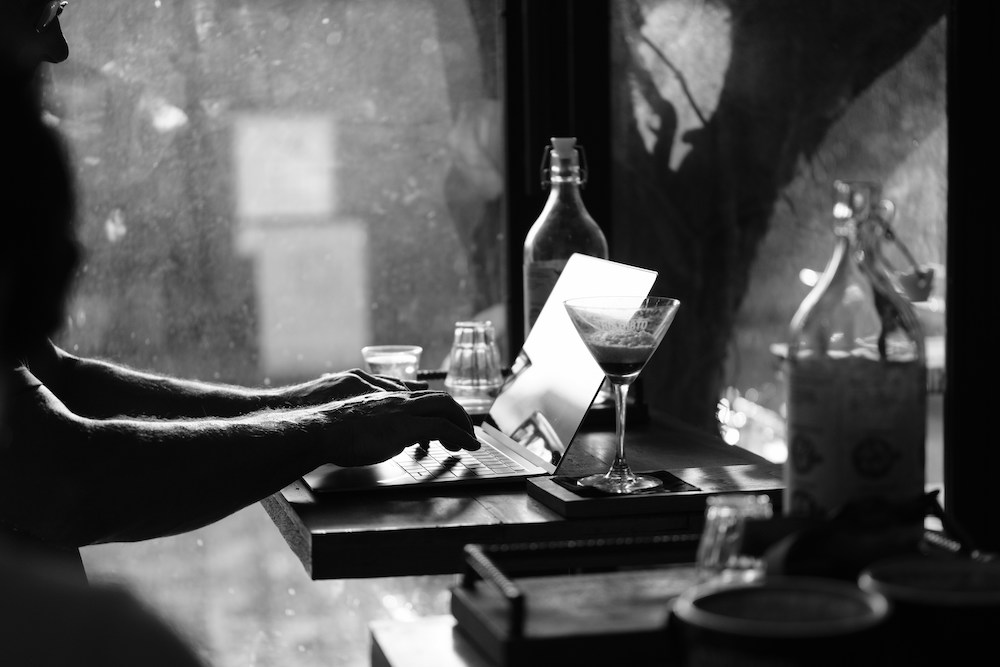Books & Culture
What the F**k Is a Beach Read, Anyway?
We asked the authors of summer’s renowned books to define ‘beach read’ — that elusive, inane, possibly brilliant label
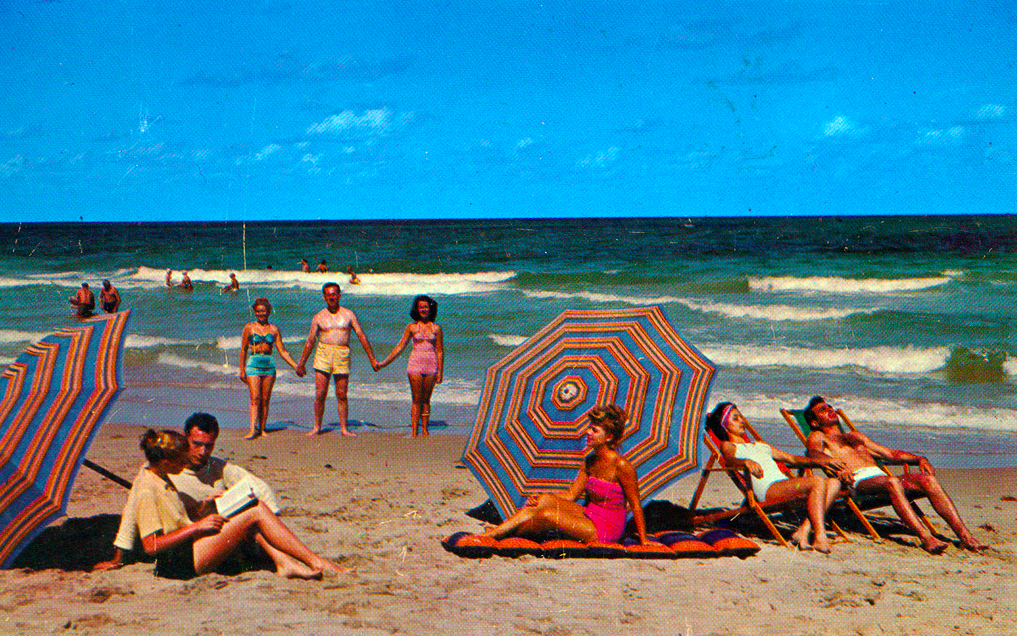
Come summer, recommending books is a high-stakes game. The right story collection can make a vacation, just as the wrong novel can drive you out of the comforts of a seaside cottage, wandering the streets like a madman in search of entertainment at the mini golf course, the tiki lounge, or that candle-pin bowling alley where a man lost a hand the year before last. And so the publishing industry — not just the houses, but the magazines, the booksellers, the list-makers — have come up with all sorts of coded language meant to guide these seasonal reading choices, terms that frame the matter as a lifestyle decision masquerading as a literary sub-genre that nobody knows quite how to define. Which brings us to the $64,000 question of July:
What the fuck is a beach read, anyway?
This time of year, no other literary term gets thrown around quite so loosely. But what are the parameters? What are the goals? What makes a book suitable for reading on sand in salted air with flesh and paddle sports all around? The answer, no doubt, depends on the recommender and the person doing the reading. We decided to go to another source: the authors.
We asked 8 authors who may (or may not) have been surprised to hear that their books had been included on various summer round-ups and asked them to interrogate just what’s going on. And to be clear, this was no exercise in snobbery. We’re taking this question seriously. (Too seriously, one might argue, but after all this is summer and we’re in search of pastimes.) We asked these authors to think about what a beach read is, what it could be, what it all means, and whether their books (and the books they love) might in fact benefit from a little exposure to sun and surf. The responses we received ran the gamut from celebration to condemnation, reverie to dread.
So, the next time you find yourself heading to the shore and in need of a good summer read, first ask yourself the important epistemological question, what the fuck do my favorite authors think a fucking beach read is, anyway?
Featuring Edan Lepucki, Courtney Maum, Alana Massey, Gabe Habash, Rachel Khong, Patricia Engel, and Sarah Gerard.

A Gracious Book, Likely to Incite Pleasure…
Edan Lepucki, author of Woman №17, California, and others
If you’ve ever been to a beach you realize that people are reading all sorts of things: someone’s got the new Elin Hilderbrand and someone else’s got a James Patterson mass market; there’s that dude reading Shantaram, that elderly lady over there’s got a Bible, and that teenager is reading James Baldwin. I’m always stunned by the diversity of books I see in the wild. For publishers, however, “beach read” is a quick way of saying, “You’re going on vacation so here is a novel that will offer you what you most want from vacation: pleasure.” Of course, what makes one reader purr with delight makes another fall asleep, but for marketing purposes, pleasure here is synonymous with a compelling story and a kind of invisible prose that gets you from one chapter to the next without you noticing the syntax or imagery. But that is a narrow definition, as is my vague idea of those who actively seek out these sorts of books: readers who consume them like candy, one after the other after the other, or, those people who don’t read at any other time of year. (It’s that second group, the one-book-a-year folks, who turn a book into a phenomenon: think Gone Girl). Many novelists simultaneously bristle at this category — My work is not breezy! Check out my similes! — while also hoping to be the book that everyone reads on vacation. My new novel has been called a beach read by quite a few readers and critics, and I’m fine with that label: it means my novel has the power to engage a reader who is sitting before an enormous, stunning body of water, and still decides to look down at a piece of paper with a bunch of words. What they find there better be fun.
It means my novel has the power to engage a reader who is sitting before an enormous, stunning body of water, and still decides to look down at a piece of paper with a bunch of words.
Courtney Maum, author of Touch, I Am Having So Much Fun Here Without You, and others
There are two kinds of unexpected guests: the plus one who shows up with a laundry list of food sensitivities and backhanded “compliments” about your boho-chic décor, and the gentle wit who presents a bottle of Chablis and a bar of salted chocolate along with his excuses. Having had them both over, I know who I want back. Chablis and chocolate guy was witty and entertaining, and he helped with the dishes. The category “beach reads” is a lot like that of the unexpected houseguest — it’s about the experience of inviting something new into your life. It connotes something delightful and relatively risk-free, but that doesn’t mean that it is “easy.” Let’s do away with this word, “easy,” and try instead “a gracious read.” Because the beach read can be sardonic, but it is never crass.
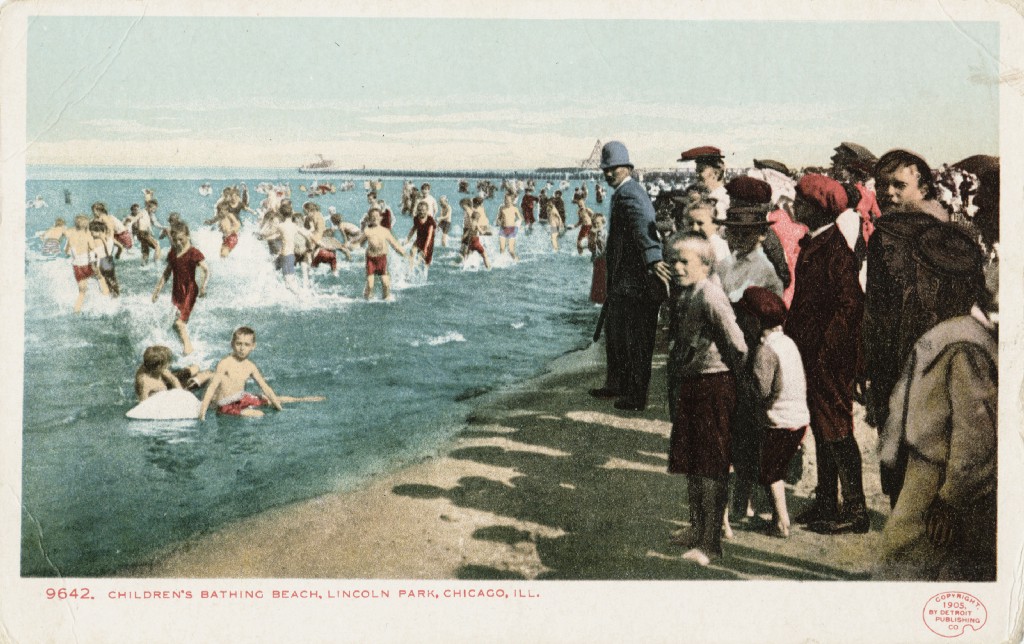
A Transformation, Preferably En Route to an Island…
Alana Massey, author of All the Lives I Want
I see the prevailing wisdom around what constitutes a beach read is reading that encourages you to indulge in escapist impulses and fantasies, things like murder mysteries where you play detective or juicy memoirs from above-average-looking sluts where you play the above-average-looking slut. This makes sense considering that going to the beach is generally an escape from the doldrums of your work and home routines, unless you’re a lifeguard or some sort of cavalier sting ray. But I think a more generous view of the beach read would encompass books that don’t just let you escape but that guide you to some sort of actual transformation that you don’t snap out of. The heat of the sun and the rhythm of waves is conducive to letting your guard down, making you receptive to new ideas presented in nonfiction or self-help books or inclined to empathy for characters you might otherwise despise. You should take a beach read’s message home with you, like a tan and sea-salted wavy hair. I’m delighted that All The Lives I Want is considered a beach read because I think that signals that my book is for a broad audience, as I aimed for a reasonably clever accessibility over an impressive esoterica. The book is pop culture criticism but some of its central themes are about living in a body and navigating being a woman in a public space, creating the potential for a more potent visceral experience considering how heightened those realities are on the beach. Also, a lot of readers have told me they cried reading it, which is great at the beach because you should be wearing sunglasses anyway AND if you do get caught, you can blame salt water or sand in a way you can’t if you start crying on public transportation or into the physically short but emotionally gaping distance between you and the person or people you live with.
The heat of the sun and the rhythm of waves is conducive to letting your guard down, making you receptive to new ideas presented in nonfiction or self-help books or inclined to empathy for characters you might otherwise despise.
Gabe Habash, author of Stephen Florida
In grad school I met some friends at Coney Island. It was a long train ride, so naturally I brought along the book I was reading at the time, which was Ulysses. My friends met me on the boardwalk and immediately made fun of me when they saw me carrying it. All of which is to say that I think a “beach read,” if it means anything, is a book that you really want to read that you now have the time and mental energy to read. This summer I’ve been working my way through short books: Morgan Parker’s There Are More Beautiful Things Than Beyoncé, Jean Rhys’s Good Morning, Midnight, Thomas Bernhard’s The Voice Imitator, Patrik Ouředník’s Europeana, Ryu Murakami’s Piercing, Lily Tuck’s Sisters, Iris Owens’s After Claude, and Heinrich Böll’s The Lost Honor of Katharina Blum.
California Soul: A Literary Guide to SoCal Beach Towns
Rachel Khong, author of Goodbye, Vitamin
Until very recently, a “beach read,” to me, meant any book I held aloft while lying in discomfort, distracted by heat or sand or overhead Frisbees, peering up at and trying to comprehend but not succeeding, feeling stupid from the sun. It was a book inevitably ruined by water. But when, last fall, my husband and I began planning a trip to Greece, I decided I was going to have to learn to read on beaches, so help me God. We would be traveling between islands by ferry, and could each only bring a small carry-on. So I packed a Penguin paperback of War and Peace — a book I figured would last me the entire week-long vacation, and then some. Over the course of the trip, the book fell slowly and dramatically apart. It lost its cover early, so I didn’t even get street (beach) cred for reading War and Peace. (We joked about affixing the detached cover to some random thriller.) Anyway! It turned out to be perfect, improbably: tiny, dense type that somehow, by being physically difficult to read, became easier to follow. A cast of characters I could be languidly enraged or delighted by. And prose that could be rambling, yet beautiful… like the very beach itself? I’m actually just talking through my (sun) hat now, so I’ll simply leave you with this: if you hate reading on beaches, try War and Peace!

A Seasonal Delusion…
Patricia Engel, author of The Veins of the Ocean, Vida, and others
I live near the beach and rarely see anybody reading there, no matter the time of year. Most beachgoers are flat on their backs, eyes closed to the sun, or talking to the person next to them, drinking, listening to music, snapping selfies, minding their kids as they play in the sand or waves. Books bought with the best intentions of being read on these long, bright summer days remain tucked in bags with the emergency aloe. But I suppose “beach read” sounds better than “sofa read,” “lunch-break read,” or “doctor’s waiting room read.” In the end, giving a book such a luxurious alias doesn’t say much about the book. Just what we think our lives should look like.
In the end, giving a book such a luxurious alias doesn’t say much about the book. Just what we think our lives should look like.
Sarah Gerard, author of Sunshine State, Binary Star, and others
A beach read is a book that is made of the beach. The covers of beach reads are sand packed into wet towels left to bake in the sun. The pages are made of dried seaweed — so when the blurbers say they’ve “devoured” the book, that is to be taken literally. Inside, the stories are all about people going to the beach, mostly women, usually in small groups, so as not to scare off potential husbands. Not much happens on the beach, so unlike the ocean, the conflicts don’t run deep.






